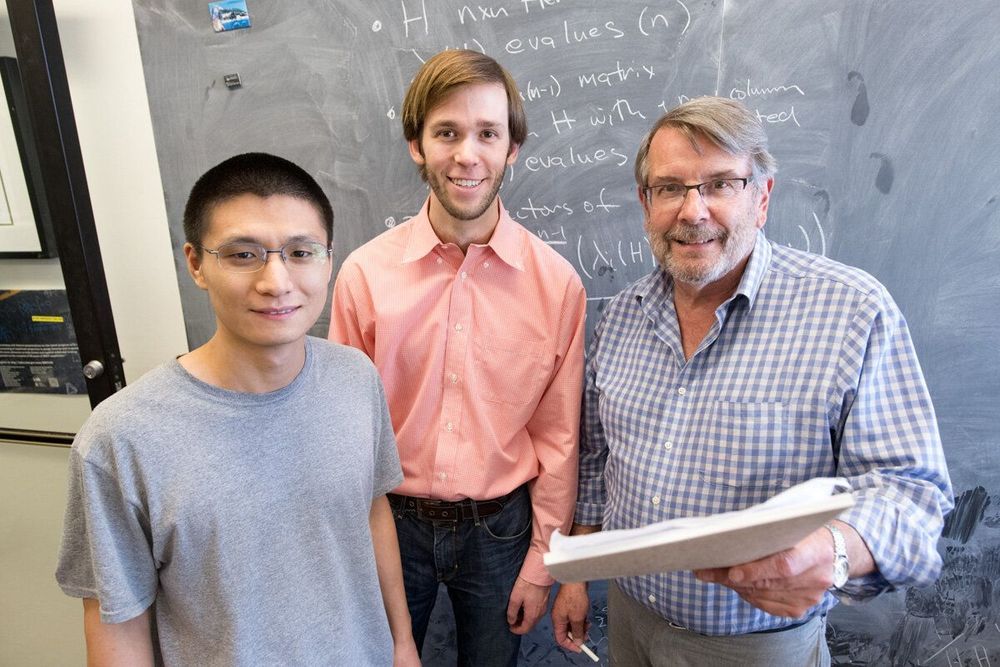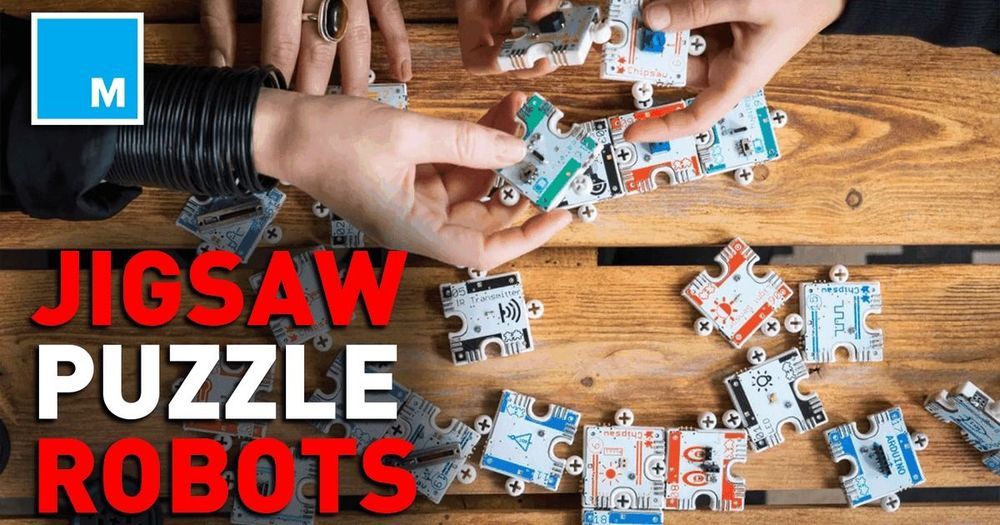Linear algebra is a field of mathematics that has been thoroughly investigated for many centuries, providing invaluable tools used not only in mathematics, but also across physics and engineering as well as many other fields. For years physicists have used important theorems in linear algebra to quickly calculate solutions to the most complicated problems.
This August, three theoretical physicists—Peter Denton, a scientist at Brookhaven National Laboratory and a scholar at Fermilab’s Neutrino Physics Center; Stephen Parke, theoretical physicist at Fermilab; and Xining Zhang, a University of Chicago graduate student working under Parke—turned the tables and, in the context of particle physics, discovered a fundamental identity in linear algebra.
The identity relates eigenvectors and eigenvalues in a direct way that hadn’t been previously recognized. Eigenvectors and eigenvalues are two important ways of reducing the properties of a matrix to their most basic components and have applications in many math, physics and real-world contexts, such as in analyzing vibrating systems and facial recognition programs. The eigenvectors identify the directions in which a transformation occurs, and the eigenvalues specify the amount of stretching or compressing that occurs.


